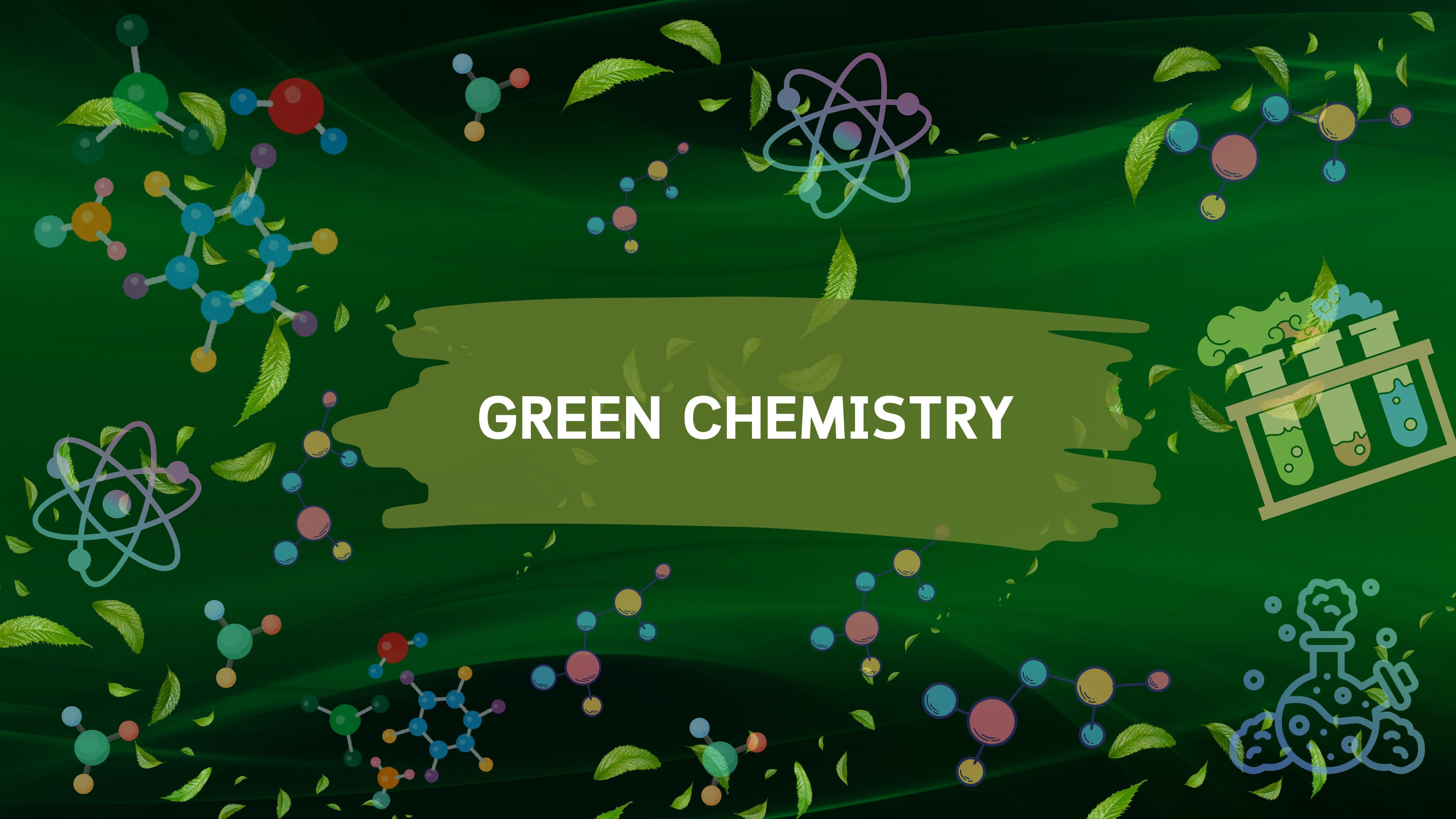Description/outline:
Green chemistry is more sustainable approach for drug discovery & drug development (Greener Processes. Pfizer, 2022). Earning a certificate in Green Chemistry gives job seekers a significant edge in the fields of chemistry and environmental sciences. As the industry increasingly acknowledges its social responsibilities, entry-level positions like chemical analysis, testing, quality control, and technical services are expected to prioritize candidates with knowledge of green chemistry. The growing green job market emphasizes environmentally responsible production, with "green" companies actively seeking employees well-versed in the principles of green chemistry and sustainable chemical/drug design. Hiring individuals with a green chemistry certification will provide pharmaceutical companies with in-house expertise and a life-cycle perspective-key elements often missing in the current workforce's conventional training.
Learner Outcomes:
Motivations and obstacles in adopting sustainable practices; Frameworks for embedding chemical toxicity and health considerations into product design, material choices, and supply chain decisions; The 12 fundamental principles of green chemistry; The environmental, economic, and social advantages of green chemistry; Current research and regulatory updates in the field; Designing safer chemicals; Emerging tools for chemical design and techniques for comparing chemical hazards; green solvents and alternative reaction media; Green Chemistry in Pharmaceuticals; optimizing the reaction conditions using eco-friendly solvents; and Structure determination of novel compounds & data interpretation. Sophisticated techniques i.e., Infrared (IR) spectroscopy, Nuclear Magnetic Resonance (NMR) spectroscopy, High-Resolution Mass Spectrometry (HRMS).

